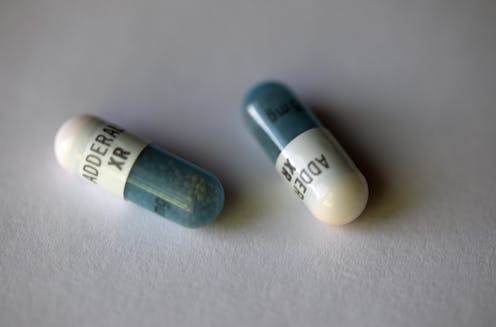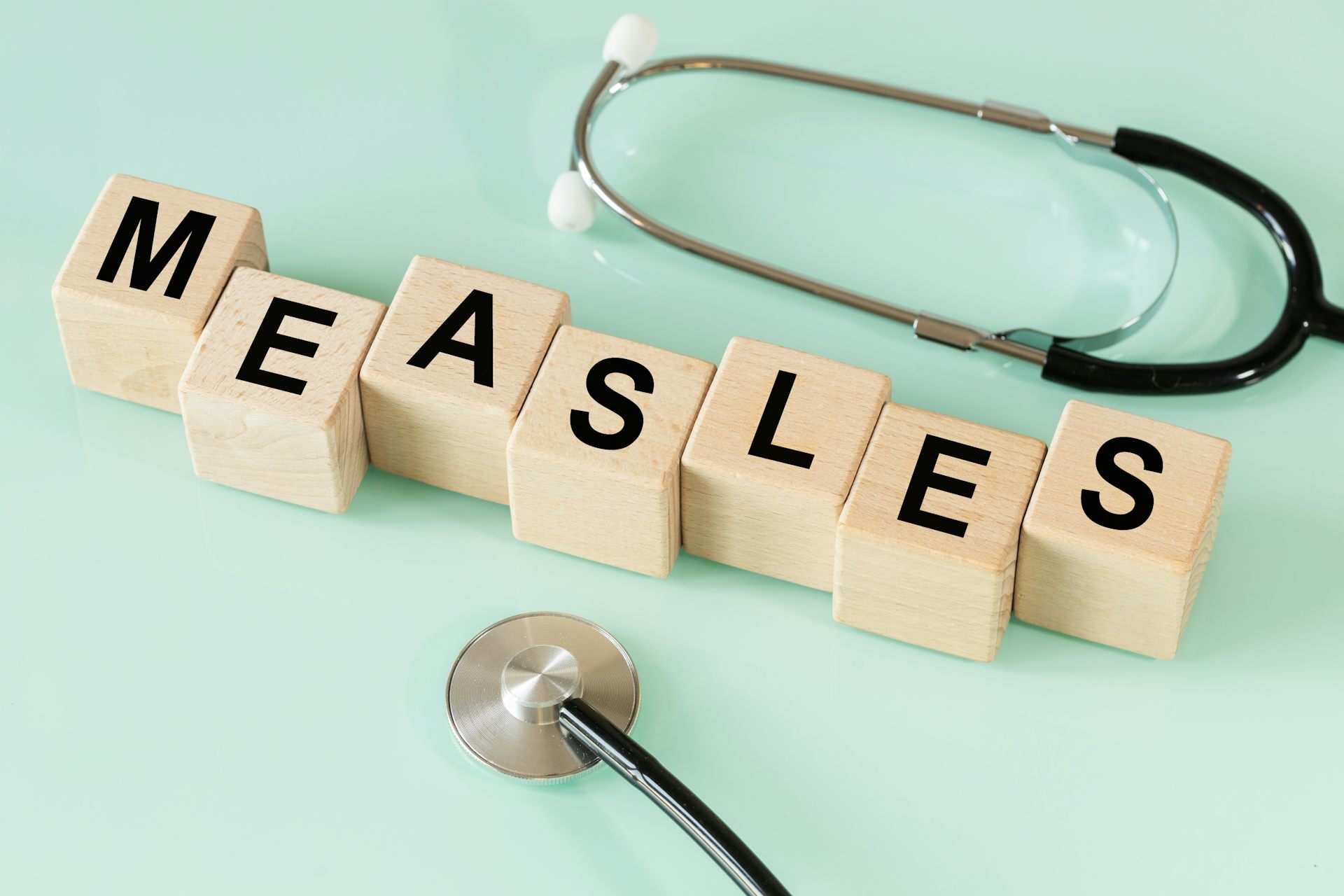Misuse of Adderall promotes stigma and mistrust for patients who need it – a neuroscientist explains
For those who need it, Adderall and other stimulants can be game-changing medications that help restore the chemical imbalances underlying ADHD. But for those who don’t, these drugs can be harmful.

The nationwide shortages of Adderall that began in fall 2022 have brought renewed attention to the beleaguered drug, which is used to treat attention-deficit/hyperactivity disorder and narcolepsy.
Adderall became a go-to drug for ADHD over the past two decades but quickly came under fire because of overprescription and misuse. In some cases, people who do not have a proper ADHD diagnosis are using the drug for its perceived cognitive-enhancing effects, leading to an increase in its abuse rates and drug dependence.
Not only has misuse of Adderall led to its stigmatization as a drug of abuse, it can also lead to negative physical side effects, including cardiovascular complications, sleep disturbances and addiction.
I am a neuroscientist with a focus on studying the dopamine system in both the brain and peripheral immune system. My research specifically examines the short- and long-term effects of psychostimulant drugs like methamphetamine on a protein that transports dopamine, a chemical messenger that is not properly regulated in people with ADHD.
Through this work, I aim to better understand the complex interplay between drug use and the dopamine system, which may ultimately lead to new treatments for drug addiction and related disorders. Unfortunately, I’ve seen that the stigma and false narratives surrounding Adderall have made it more difficult for patients who need this medication to access it.
How Adderall treats ADHD
Adderall is the commercial name of a mixture of a few types of amphetamines, which are stimulants that increase dopamine levels in the brain to help address deficits in those with ADHD.
The underlying processes that lead to ADHD are poorly understood. The core symptoms include hyperactivity, inattention, mood swings, temper, disorganization, stress sensitivity and impulsivity.
Multiple studies suggest that these symptoms may be due to the improper regulation of dopamine levels in the brain.
Neurons have a protein called dopamine transporter that normally functions like a vacuum cleaner that sucks the chemical into the neuron. But people with ADHD have a leaky dopamine transporter, meaning that dopamine gets pushed out of the neuron into the surrounding environment of the synapse – the space between neurons where chemical messages are passed back and forth.
Adderall is thought to work by blocking this leaky protein, preventing dopamine from spewing out of the neuron through the dopamine transporter. This is thought to stabilize dopamine levels in the brain of ADHD patients, thus reducing their debilitating symptoms.
The paradoxical effects of Adderall
People who don’t have ADHD usually have a functioning dopamine transporter that is able to maintain balanced levels of this chemical inside and outside of the neuron. When they use amphetamines like Adderall, however, the drug can disrupt the transporter’s ability to remove dopamine from the synapse as well as cause it to work backward and push dopamine out of the neuron. This results in too much dopamine in the synapse, which can lead to feelings of euphoria and increased wakefulness.
While these effects might sound good on the surface, misusing the drug is problematic because it can lead to cardiovascular problems. Current evidence suggests that Adderall doesn’t significantly increase cardiovascular disease risk for people with ADHD. But people without ADHD who misuse Adderall can develop a dependence on the drug and take it at dangerous dosages.
Adderall misuse doesn’t just involve a harmful cycle that reinforces its use because of its rewarding effects. It also reinforces dependence by causing negative emotional states some researchers have dubbed the “dark side” of addiction. Excessive activation of the brain’s reward system disrupts how it normally functions, resulting in a decrease in overall sensitivity to reward signals. It also leads to persistent activation of the brain’s stress systems, which results in feelings of anxiety and restlessness in the absence of the drug.
Adderall works when you need it
Other drugs like methylphenidate, known by the brand name Ritalin, also treat ADHD by targeting the dopamine transporter.
While Adderall and Ritalin reduce the hyperactive, impulsive and inattentive symptoms in people with ADHD by stabilizing dopamine levels, they do so using different mechanisms. Ritalin reduces the dopamine transporter’s leakiness by directly blocking entry. Adderall also reduces leakiness, but by competing with dopamine for entry into the transporter.
In people without ADHD, both Ritalin and Adderall significantly increase brain dopamine and induce euphoria, hyperactivity and other symptoms. However, both drugs are equally beneficial to patients with ADHD.
To treat anxiety, depression, narcolepsy and other neuropsychiatric diseases, millions of patients worldwide take medication that targets the transport of dopamine and other neurotransmitters like norepinephrine and serotonin, but their use is not stigmatized by recreational misuse.
Because of the euphoria-inducing properties and hyperactivity that Adderall can induce for those who do not need the drug, its misuse and abuse have unfortunately promoted false narratives about Adderall for those who do need it. For ADHD patients, however, it can reduce negative symptoms and greatly improve quality of life.
Habibeh Khoshbouei does not work for, consult, own shares in or receive funding from any company or organization that would benefit from this article, and has disclosed no relevant affiliations beyond their academic appointment.
Read These Next
Whether it’s yoga, rock climbing or Dungeons & Dragons, taking leisure to a high level can be good f
When a hobby becomes something larger, with a focus on improving skills and developing deep knowledge,…
Federal and state authorities are taking a 2-pronged approach to make it harder to get an abortion
Four years after the Supreme Court’s Dobbs ruling gave states the power to ban abortion, further restrictions…
US experiencing largest measles outbreak since 2000 – 5 essential reads on the risks, what to do and
Public health scholars worry that the resurgence of measles may signal a coming wave of other vaccine-preventable…






